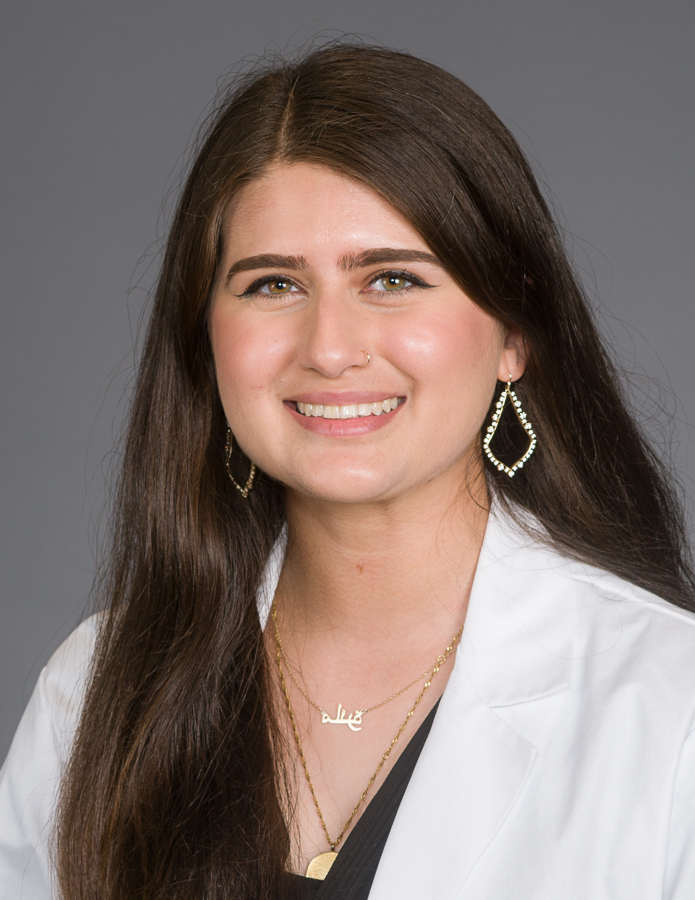March 21, 2025. By Maira Haque.

Imagine you are a surgeon at the European Gaza Hospital, one of the only trauma centers left
functioning in the region. Y our dexterous hands shake as the operating room lights flicker under
the strain of relentless bombings, sometimes occurring as frequently as every thirty seconds.
Forced to operate under unsterile conditions, you lack essential supplies: sterile gloves, gauze,
gowns, and anesthetic medications. Despite these shortages, you make do with what you have,
doing your best to perform life saving procedures on all ages, from infants to the elderly.
As the Israel-Gaza war rages on, this is the harsh reality healthcare workers in Gaza face as they
care for an increasingly sick and injured population while placing their own lives at risk. Several
safe houses for Doctors without Borders employees have been targeted by Israel, resulting in the
unconscionable deaths of humanitarian workers and their families. These attacks point to an
alarmingly clear pattern of aggression and disregard by Israel towards hospitals and healthcare
staff. Since last year, an estimated 1,000 doctors and nurses have been killed in the Gaza strip
and 310 medical personnel were arrested, tortured, and executed in prisons. Every time a
healthcare worker in Gaza dies, it signifies the death of countless patients they would have saved
if they were allowed to live. It signifies the death of their healthcare system. Of the 36 hospitals
in Gaza, 33 have been bombed, raided by Israeli Defense Forces, or deemed unusable. This has
resulted in the senseless death of patients, not due to underlying medical complications, but due
to lack of healthcare staff to care for them in clean environments.
For those who survive the military aggression, they face famine and starvation. According to the
WHO, Palestinians in Gaza represent 80% of all people facing famine worldwide. Despite
ongoing humanitarian efforts, many aid trucks are filled to the brim with essential food, water,
and supplies but are unable to cross the closed border. Northern Gaza is home to 50,400 children
under the age of 5 who are malnourished, 31% of whom suffer from severe wasting according to
the Nutrition Cluster. How do we justify their suffering when food is so near but withheld from
reaching them? Would we feel differently if these were our children instead of nameless faces
and figures lost in the media?
In addition to worries about malnourishment, acute diarrheal and respiratory illnesses such as
cholera and COVID continue to rise in the region due to overcrowding and lack of sanitation.
Compounding these problems is the lack of access to care for those with chronic diseases, such
as end stage renal disease and diabetes. Unused insulin remains in aid trucks and food shortages
makes diabetes even harder to control. It is estimated that over 1,100 patients require dialysis in
Gaza. Due to the war, the last vestige of hope for these patients is the Al-Shifa Hospital, the only
dialysis center left functioning. Due to a growing demand and a scarcity of fuel and resources,
dialysis units have been forced to cut treatment times and frequency, resulting in sicker patients.
One such patient, Ismail Al Tawil, died of kidney failure because he could not access dialysis.His widow described their futile attempts to enter Al-Shifa hospital and the harrowing
experience of being shot at by Israeli snipers surrounding the hospital. Amid critical shortages of
food, water, and medicine—essentials that exist in abundance just beyond Gaza’s borders—one
must ask how long people can endure such unimaginable suffering and deprivation without hope
for relief or dignity.
I want to leave you with the wise words of Dr. Hammam Alloh, a nephrologist at Al-Shifa
Hospital. In an interview with Democracy Now he was asked why he refused to evacuate the
hospital and he responded: “You think I went to my medical school and my postgraduate degrees
for a total of 14 years so I think only about my life and not my patients?”. He tragically lost his
life, along with his family, due to an airstrike on their home on November 11, 2023. Dr. Alloh’s
words remind us of why we pursued our calling in medicine. For many of us, our dreams are
rooted in serving others during their most vulnerable moments. How will we rise to the challenge
of helping those in Gaza, who face death and devastation every single day? Will we become
numb to this catastrophe, or will we amplify the silenced voices of our colleagues by calling for
an immediate and permanent ceasefire?
Maira Haque
2024-2025 NC Albert Schweitzer Fellow
Wake Forest University School of Medicine, Class of 2025
Content expressed is solely the personal opinion of the author.
